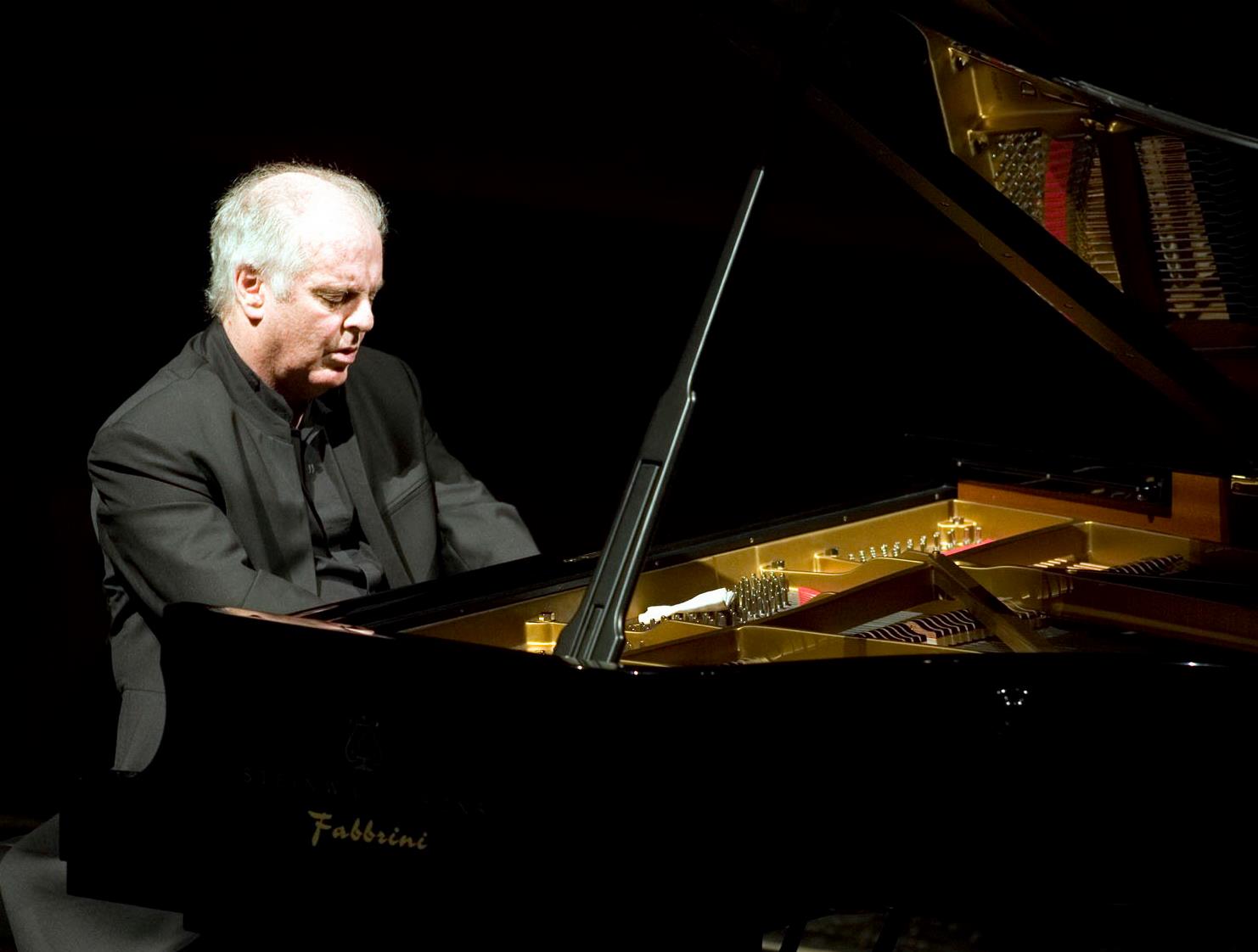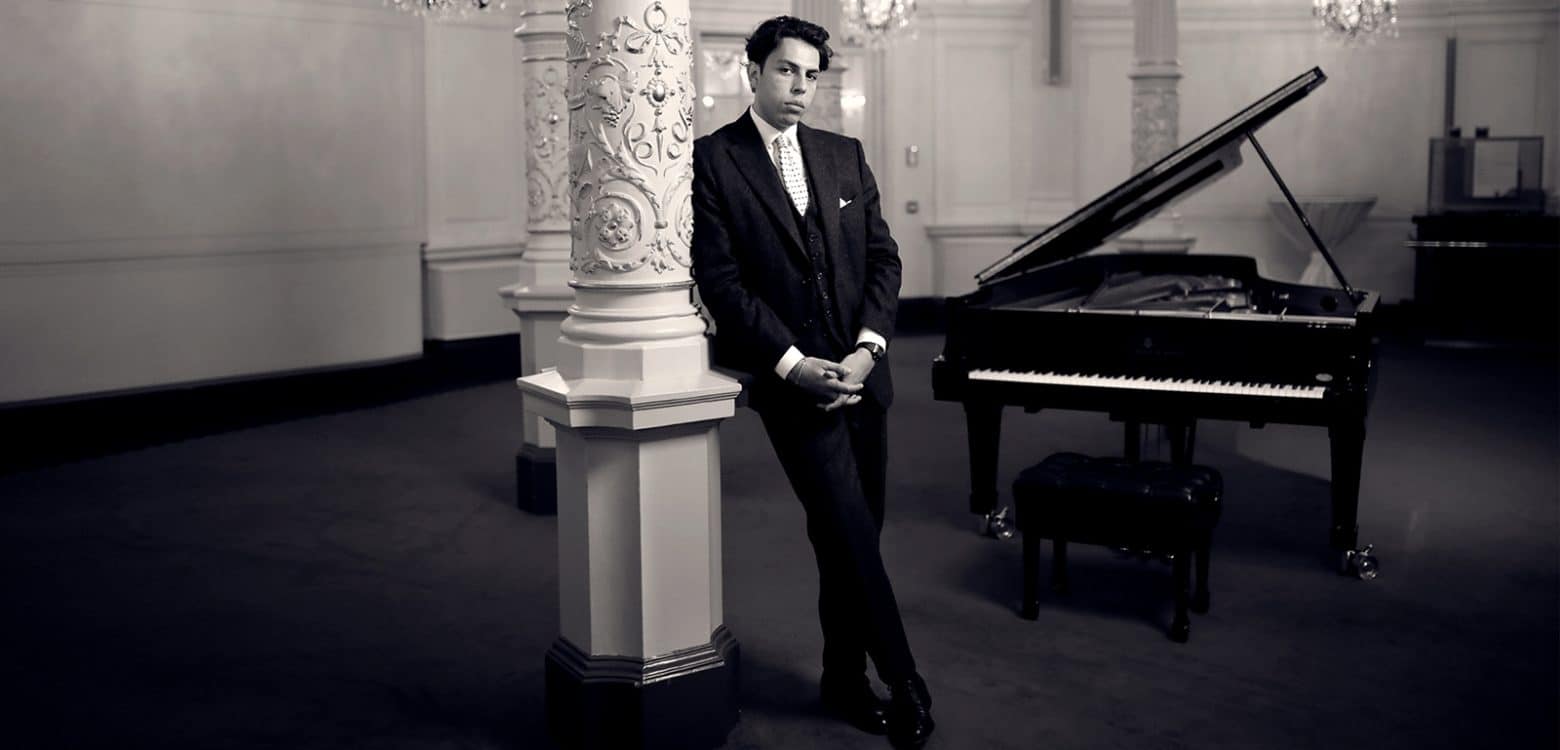Barenboim: Wolfgang Wagner showed me where Hitler wept
NewsThere were two shafts of insight in Blakeway Productions’s extended interview with Daniel Barenboim for BBC4.
The first was his reflection on growing up in Buenos Aires in the 1940s, where Nazis and Jews performed together. Barenboim does not pause to elaborate or analyse this memory.
Nor does he say much about his personal conclusions when Wolfgang Wagner offered to show him the exact point in Lonhengrin where Hitler wept. Barenboim says: ‘For days I couldn’t stop thinking, how is it possible to murder six million Jews with the coldness this decision requires and be in a position where you can be moved by music and be moved to tears. How can somebody who murders millions have this kind of humanity? This is a subject that really preoccupies me very often.’
But how? Wolfgang clearly thought Hitler’s emotion was significant – to himself, to Bayreuth and to Wagner, a part of the legend. I find it troubling that Barenboim did not challenge Wolfgang on what the episode meant to him, and that he does not explain its lasting concern. There are no followup questions in the film. The ambivalence is left hanging in the ether.
If you are in the UK, you can watch the documentary here.






Comments